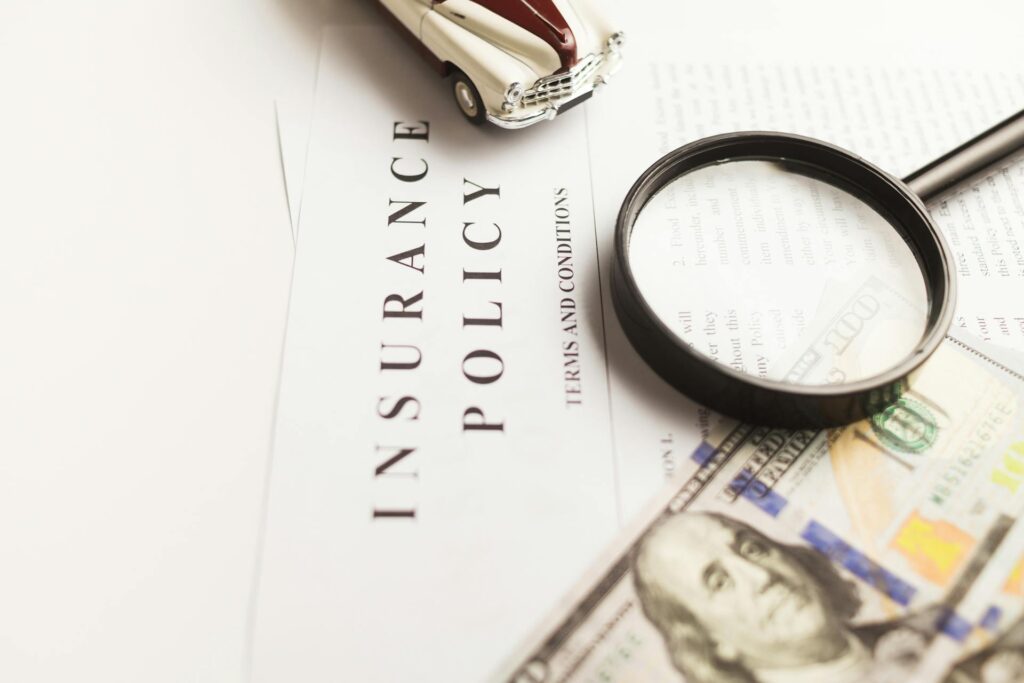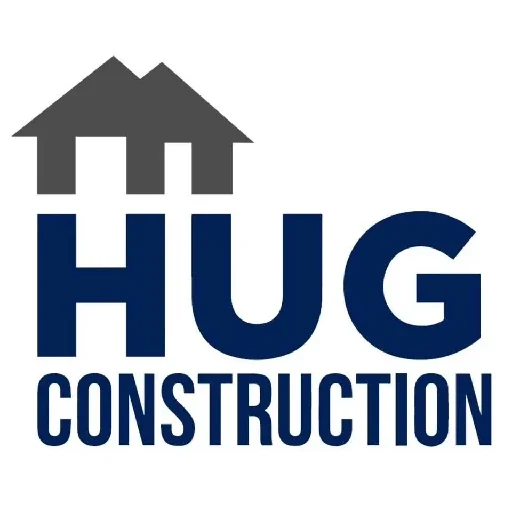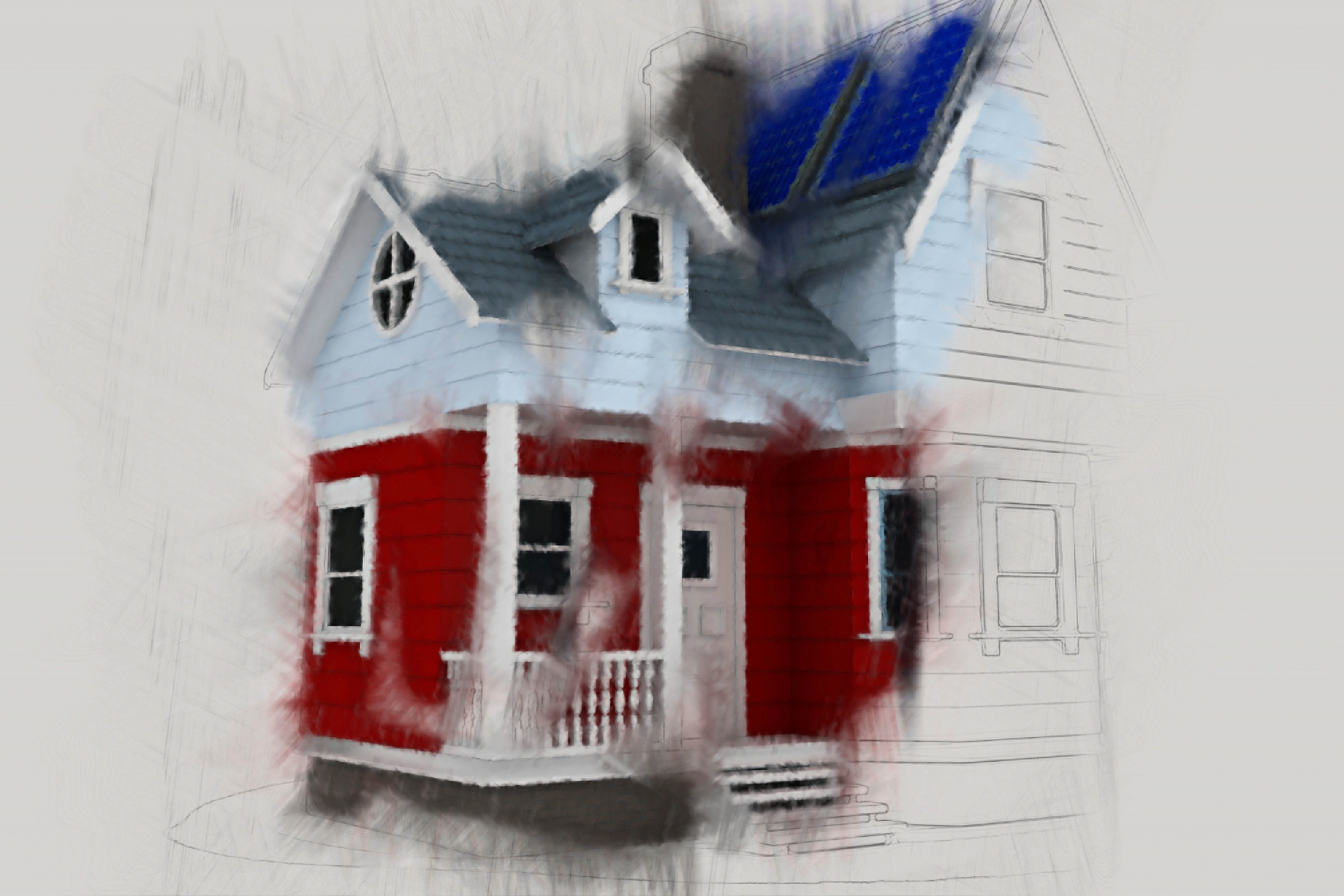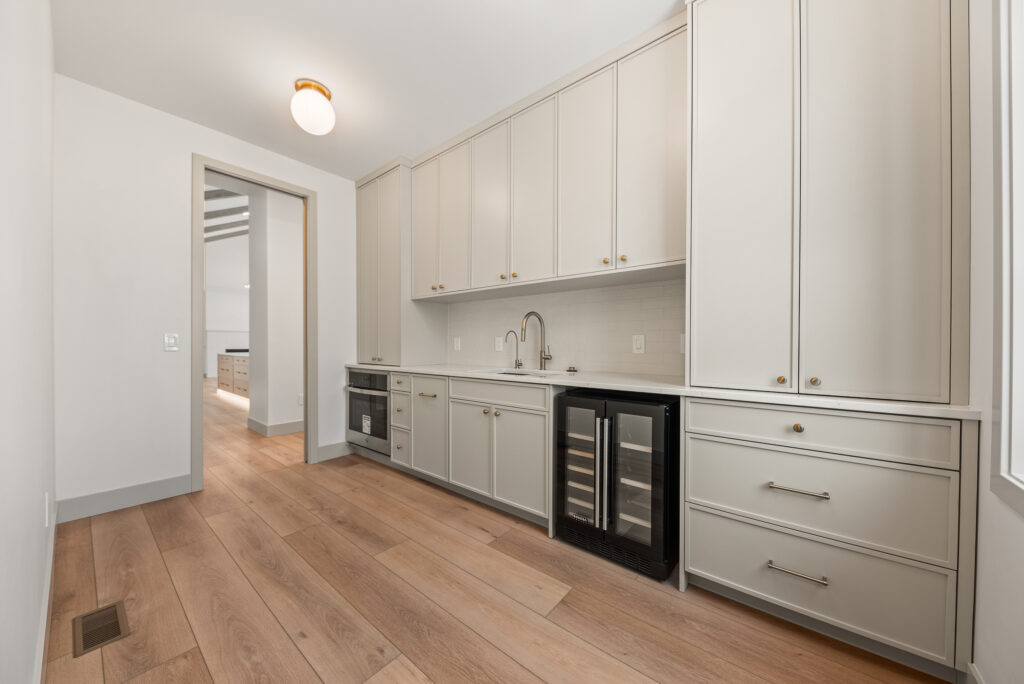Recovering from fire
Unfortunately, the threat of fire damage to our homes is a very real possibility, whether natural- (wildfires), or human-caused (accidental or arson). No matter the cause, it’s important to know what to do to recover afterwards.
Understanding your Policy

Pay close attention to:
- Dwelling Coverage: Covers the cost to rebuild your home.
- Personal Property Coverage: Covers the replacement of your belongings.
- Additional Living Expenses (ALE): Covers temporary housing and living costs.
Documentation Is Key

- Detailed Inventory: Create a comprehensive list of all damaged or destroyed items. Photos and videos are invaluable.
- Keep All Receipts: Save receipts for any expenses related to the fire, including temporary housing, meals, and emergency purchases.
- Record Communications: Maintain a record of all conversations with your insurance company, including dates, times, and summaries.
Maximizing Your Claim
Code Upgrade Coverage
- Building codes often change, and your old home may not meet current standards. This coverage helps pay for the increased costs of rebuilding to meet these new codes.
- Inquire specifically about this coverage with your insurance adjuster.
Additional Living Expenses (ALE)
- Understand the limits of your ALE coverage.
- Keep detailed records of all your expenses.
- Don’t hesitate to ask for clarification on what expenses are covered.
Negotiating with the Adjuster
- Don’t accept the first offer.
- Get multiple estimates from reputable contractors.
- If you disagree with the adjuster’s assessment, consider hiring a public adjuster.
Securing Your Property
- Take steps to prevent further damage, such as boarding up windows and covering damaged roofs.
- Document these actions with photos and receipts.
Prompt Communication
- File your claim as soon as possible.
- Maintain regular communication with your insurance company.
Resources
- Your Insurance Company: Your primary resource for information about your specific policy. They will be able to answer all your questions related to your coverage and what to expect at each stage of the process.
- State Department of Insurance: This agency can provide consumer protection and guidance.
- National Association of Insurance Commissioners (NAIC): This organization offers consumer information and resources.
- Nolo.com: This website provides legal information and resources, including articles on insurance claims.
- Public Adjusters: These professionals can help you navigate the claims process and negotiate with your insurance company.
Important Considerations
- Review your insurance policy annually to ensure it meets your current needs.
- Consider increasing your coverage limits to account for rising construction costs.
- Maintain a home inventory and store it in a safe place.










